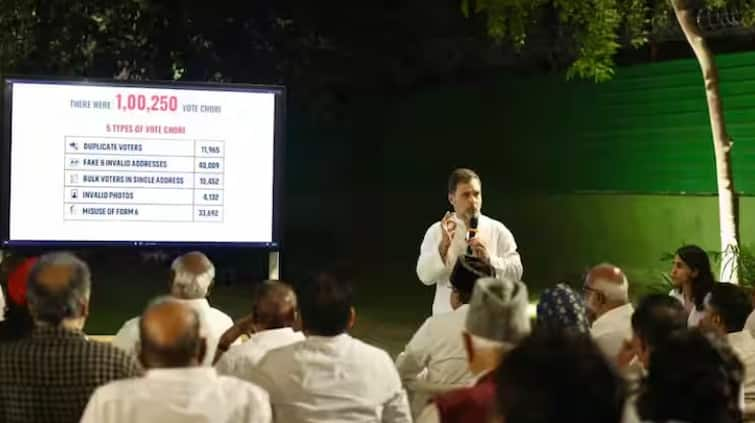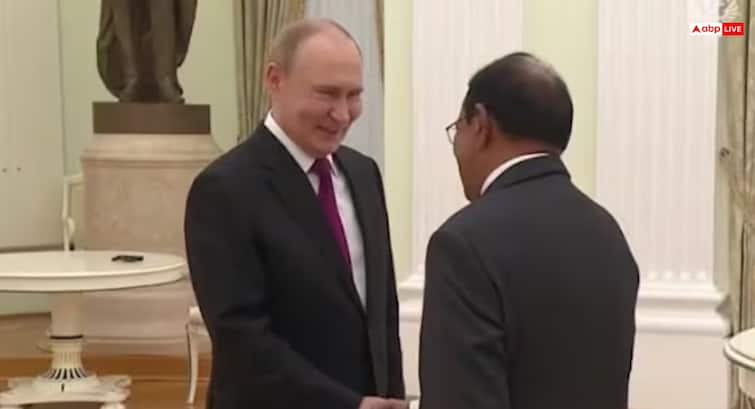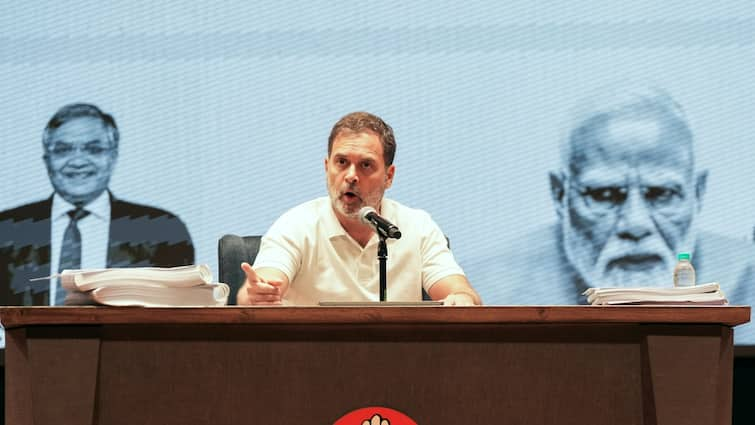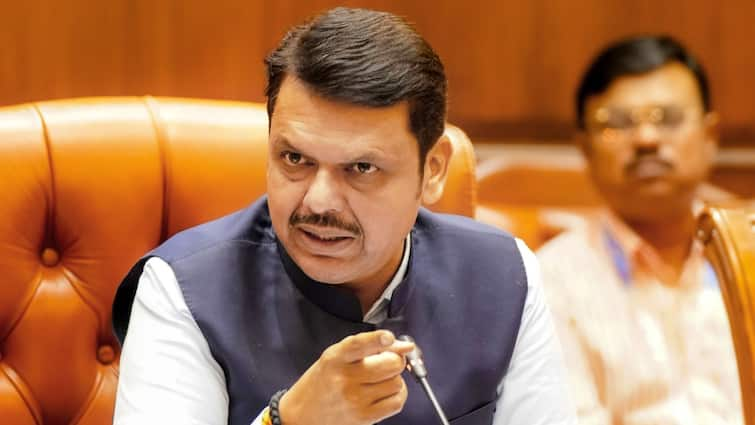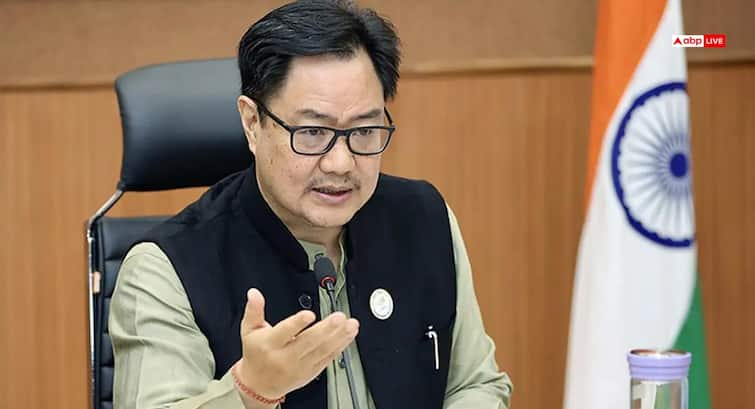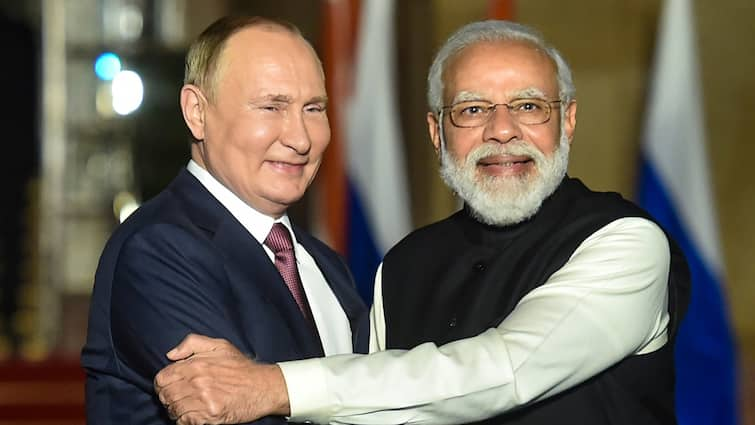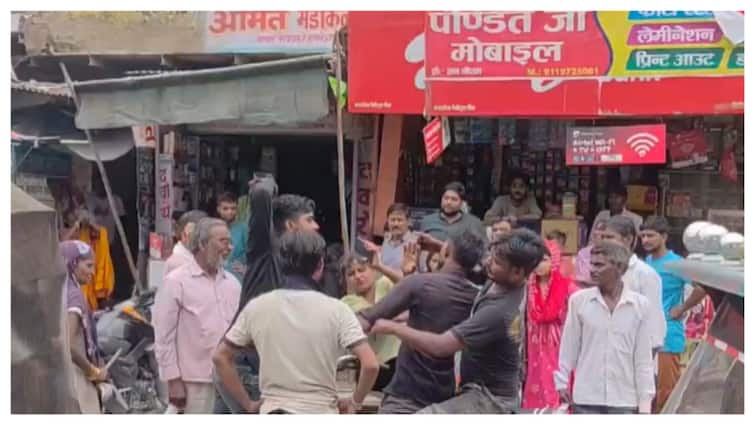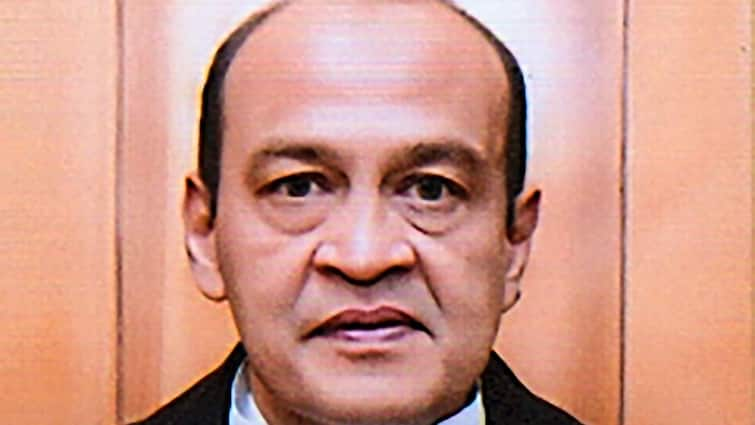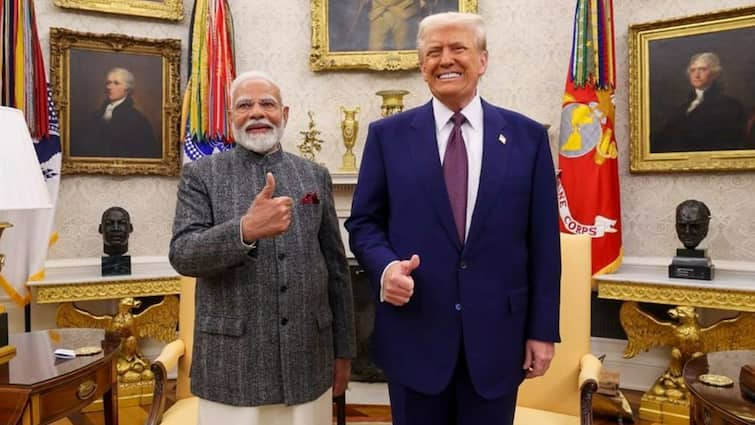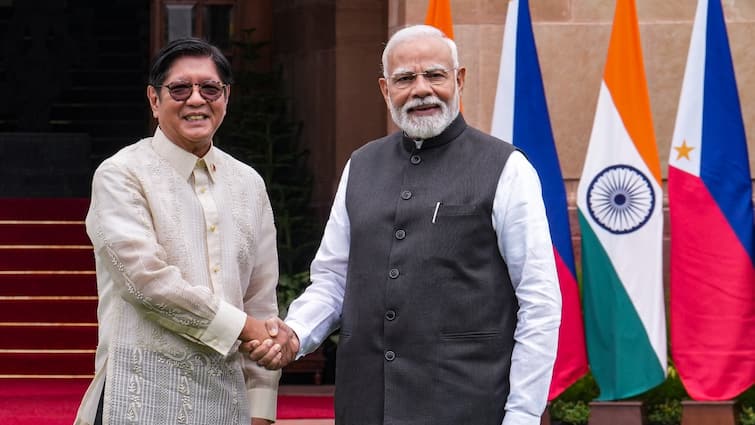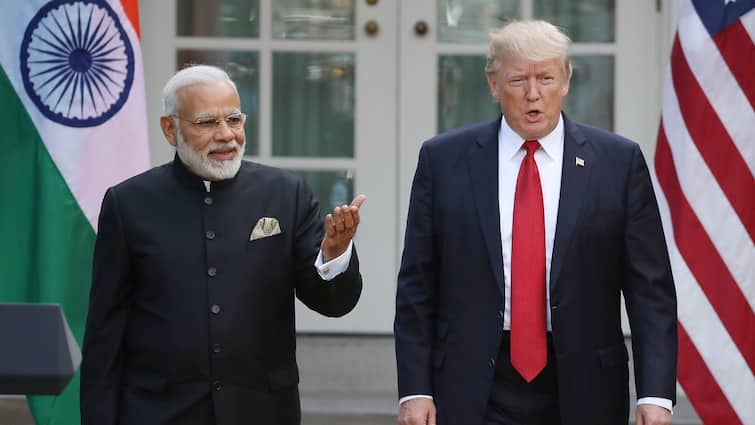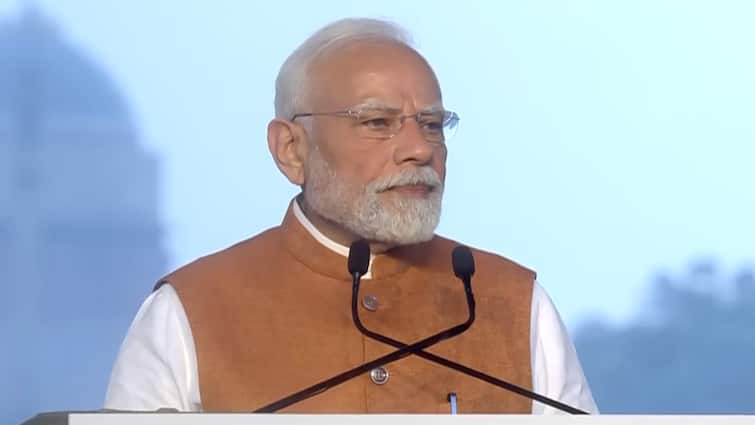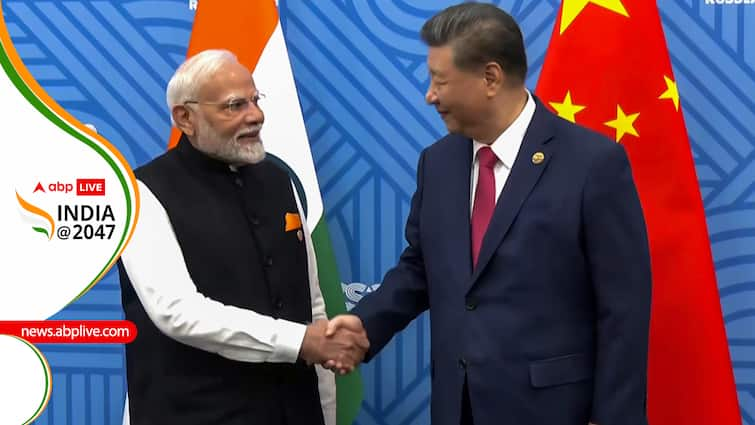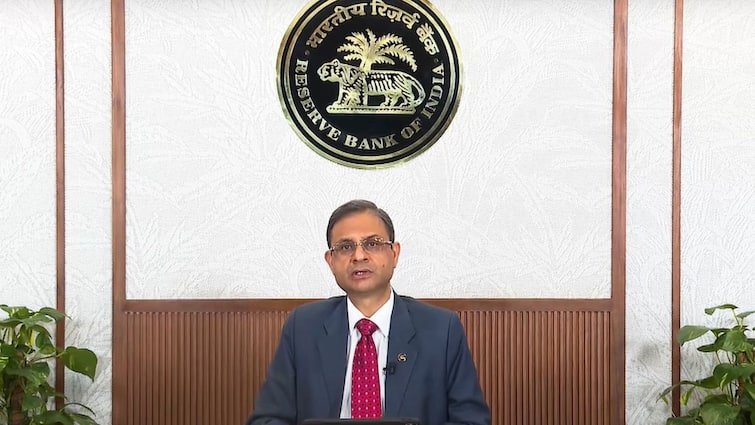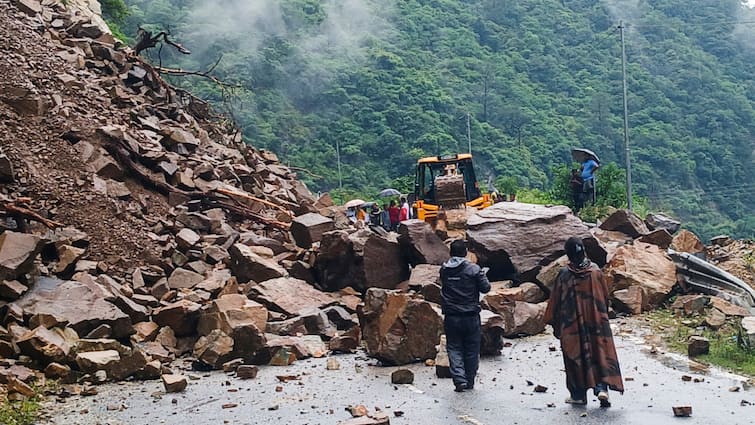
As international ceasefire efforts flounder and the humanitarian crisis in Gaza deepens, Israeli Prime Minister Benjamin Netanyahu has confirmed that while Israel will escalate its military campaign in the region, it has no intention of permanently occupying or annexing the territory.
Speaking to NDTV, Netanyahu clarified that instead of full territorial control, Israel is preparing to set up a new “security perimeter” within Gaza to guard against future threats. The besieged enclave is already heavily fortified, with a single border crossing fully controlled by Israel.
Ceasefire Elusive Despite Mediation Efforts
Months of diplomatic engagement involving the United States, Egypt, and Qatar have so far failed to produce a sustainable truce. A six-week pause brokered by the Trump administration in January saw a temporary improvement — 25 hostages were released alive, the remains of eight others were returned, and humanitarian aid briefly surged.
However, by March, Israel withdrew from that agreement, citing Hamas’ unwillingness to disarm and failure to release additional hostages. Talks have since stagnated, with both parties accusing one another of sabotaging negotiations.
Netanyahu told NDTV that the militant group could “end the war tomorrow” by surrendering weapons and unconditionally freeing all hostages. Meanwhile, Hamas has insisted on several conditions: the total withdrawal of Israeli forces, freedom for thousands of Palestinian prisoners, and international assurances that Israeli military operations would not resume.
Offensive Aims to Dismantle Hamas, Says PM
About the potential civilian toll of expanded military action, Netanyahu said the operation’s objective was the complete dismantling of Hamas and the safe return of captives.
Although significant troop movements are expected, the Israeli leadership maintains that a full-scale takeover of Gaza is not part of the strategy. Netanyahu said that post-conflict governance would likely be handed over to a transitional authority. The security buffer zone, he added, would serve as a preventative measure against future militant incursions.
According to reports, the ongoing conflict has led to the deaths of at least 61,158 people in Gaza, the majority of whom are women and children. Despite Israeli claims of having weakened Hamas significantly, the group continues to mount intermittent attacks. Gaza’s infrastructure has been devastated, and international agencies have raised alarms about an impending famine.
Humanitarian Crisis Worsens Amid Relentless Strikes
While Israeli airstrikes continue to target what military officials describe as Hamas strongholds, the civilian death toll remains high. Aid access remains sporadic and restricted, with convoys frequently blocked at border points. Relief agencies are warning of severe shortages of food, clean water, medicine, and fuel, with the region teetering on the brink of famine.
Israel’s security cabinet is expected to convene shortly to further evaluate its operational strategy. Any potential ground incursion into densely populated areas could pose grave risks for both civilians and Israeli hostages reportedly still being held in those locations.
Netanyahu On India-US Trade Tensions, Israeli Equipment In Op Sindoor
In the same interview, Netanyahu touched upon growing trade tensions between India and the United States. He responded to the recent executive order signed by US President Donald Trump that imposed a 50 per cent tariff on Indian goods, in response to India’s continued purchase of Russian oil — something the White House views as contributing to the war in Ukraine.
However, Netanyahu remained optimistic that diplomacy would prevail, pointing to the strong personal ties between Prime Minister Narendra Modi and President Trump.
“President Trump and PM Modi are terrific friends and have so much common ground. A way can be found,” he remarked.
He also praised India’s use of Israeli defence equipment during Operation Sindoor — a retaliatory strike launched following a terror attack in Pahalgam, Jammu and Kashmir, which killed 26 people.
“Israeli equipment used during Operation Sindoor worked well. They were battle-proven,” he told NDTV.
Doonited Affiliated: Syndicate News Hunt
This report has been published as part of an auto-generated syndicated wire feed. Except for the headline, the content has not been modified or edited by Doonited










